Jokowi's plan for Indonesia's new capital: Who benefits?
A law recently passed by the Jokowi government regarding the relocation of the nation's capital to East Kalimantan has generated much controversy. ISEAS academic Leo Suryadinata notes that while there are objections relating to the conservation and ecology in Kalimantan, greater protests are coming from the anti-Jokowi camp that believe only a handful of wealthy people will benefit, and fear that the new capital will be controlled by foreign countries, especially China. Jokowi is in a race against time to move the capital before the next election.
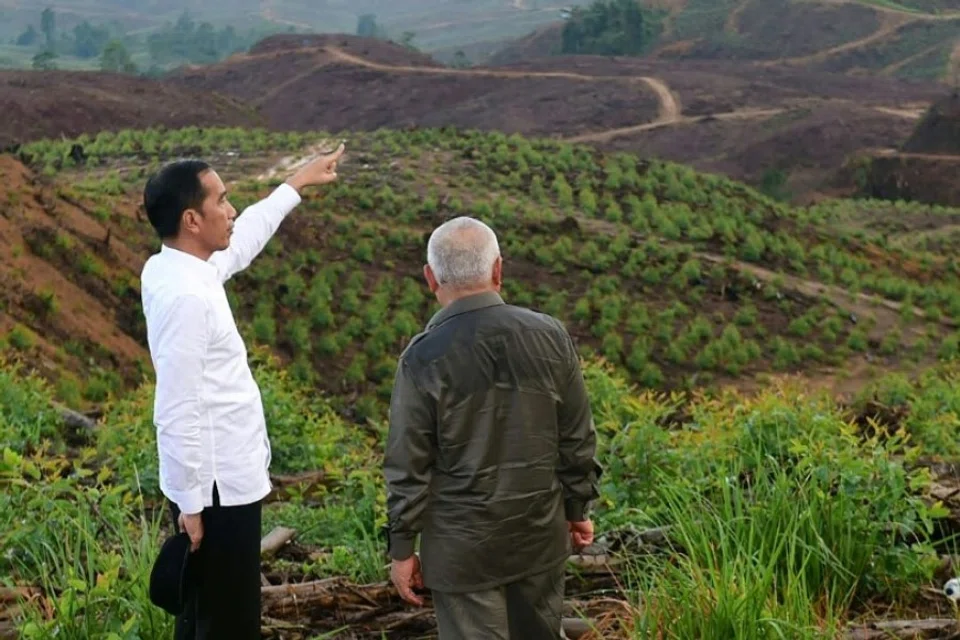
In January this year, Indonesia's parliament passed a new capital bill (IKN bill), which Indonesian President Joko Widodo (Jokowi) signed into law on 18 January. The bill was proposed by Jokowi's government and debated in parliament for about 40 days. A majority of Members of Parliament (MPs) supported the bill, with the only objection coming from representatives of the Islamic conservative Prosperous Justice Party (Partai Keadilan Sejahtera, PKS).
The PKS objected to the bill for two reasons. First, they thought that the government should focus on fighting the pandemic, which was still widespread in the country. Shifting the capital would only add to Indonesia's economic burden. Second, the time given to deliberate on the bill was too short and there was no comprehensive plan in place.
In other words, this was not the time to shift the capital and the subject should only be discussed at an appropriate time.
Why shift the capital?
During Dutch colonial times, Batavia was the capital of the Dutch East Indies, or what is now Indonesia. After Indonesia declared independence, Batavia was renamed Jakarta and made the capital of the Republic of Indonesia. When Sukarno became president, he wanted to relocate the capital to central Kalimantan, because Jakarta was not in a central region of Indonesia and was too densely populated. However, Sukarno did not enact a law for the move.
When Susilo Bambang Yudhoyono became president, he also had some notion of shifting the capital, but later changed his mind. The idea was revived when Jokowi took office, and he officially announced his intentions during his State of the Union speech at the People's Consultative Assembly (MPR) on 16 August 2019, a day before the country celebrated its 74th independence anniversary. He acted quickly thereafter, first finding a suitable location then calling for design proposals for the new capital. Indonesia's Ministry of National Development Planning has also been actively preparing the capital's relocation.
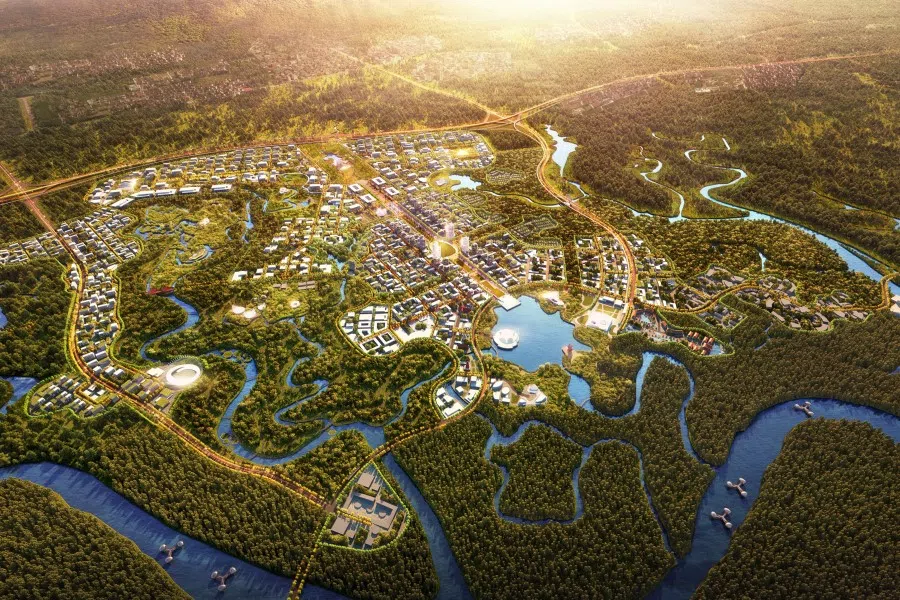
While many people are sceptical and taking a wait-and-see approach, it seems that Jokowi is a dynamic president who will boldly move ahead on his decisions without turning back.
In fact, Jokowi's past actions are also telling of his personality. He has advocated strongly for cultural diversity and objected to an Islamic state. After he was elected president, Jokowi took a hard stance against Islamic extremists and conservatives. He brought together the moderate Islamic groups and defeated the extremists one at a time. He banned the radical organisations Hizbut Tahrir Indonesia in 2017 and the Islamic Defenders Front (Front Pembela Islam) in 2020, weakening the Islamist forces in Indonesia.
He wants Indonesians to remember him as the president who moved Indonesia's capital, and so he is in a hurry to carve the move in stone.
From Java to Kalimantan
There are many reasons to relocate the capital, but the most important one is the issue of Indonesia's economic development and political stability. The Indonesian government believes that Java's economic development is far ahead of Indonesia's other islands, and so it hopes that shifting the capital will lead to a more balanced economic growth.
Java is a densely populated island; it is home to 55% of Indonesia's population but accounts for only 6.75% of its land area. While Java lacks resources, it has a well-developed transport system, a rapidly growing economy and a long cultural history, making it the central hub for foreign investments. In contrast, the other islands are rich in resources but have slow economic growth and are severely underdeveloped.
Jakarta has become Indonesia's political, cultural and transport centre. Such over-localised growth would lead to stunted development on the other islands, dissatisfaction among residents, and possibly a split within Indonesia. If the capital is not relocated, Indonesia's development issues cannot be resolved.
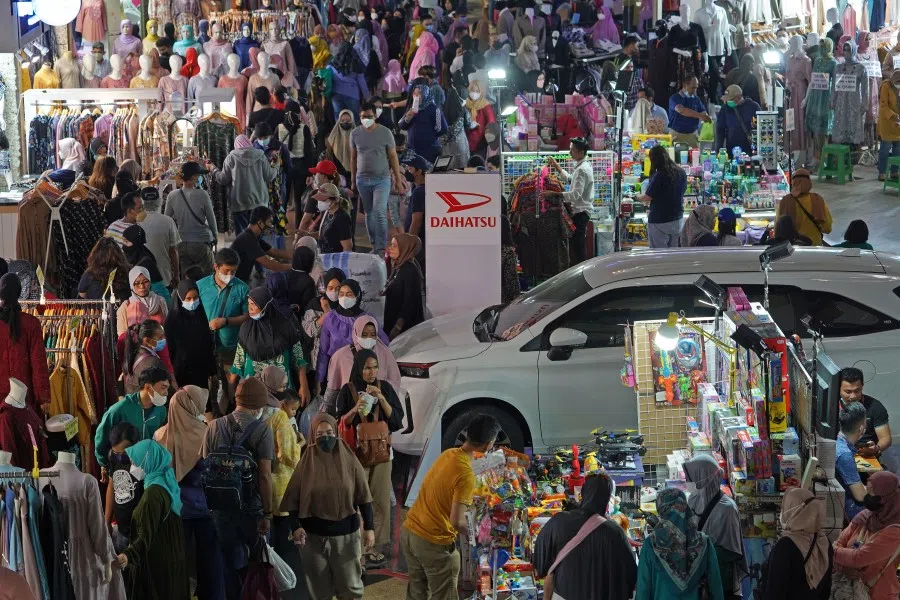
Besides, Jakarta's environment and ecology are deteriorating and its land is sinking, which would lead to a shrinking land mass. As a long-term measure, it is better to shift the capital as soon as possible.
Jokowi is proud of his economic framework and wants to leave his name in Indonesia's history. He wants Indonesians to remember him as the president who moved Indonesia's capital, and so he is in a hurry to carve the move in stone.
Furthermore, Jokowi wants to settle the relocation plan of the capital within the year while he is at the peak of his authority. Even though he will be in office until October 2024, from next year onwards, the various factions in Indonesia's parliament will be actively preparing for the 2024 legislative and presidential elections, leaving no room for other matters. And if Jokowi's plan to move the capital is delayed, he may no longer be able to garner public support.
Design and governance
Indonesia's new capital is located in eastern Kalimantan Province on Borneo. It will be in the exact centre of the two developing cities of Samarinda and Balikpapan. The new capital has been named Nusantara, meaning "archipelago". In fact, Nusantara is an alternative name for Indonesia. Naturally, the president accepted this name for the new capital.
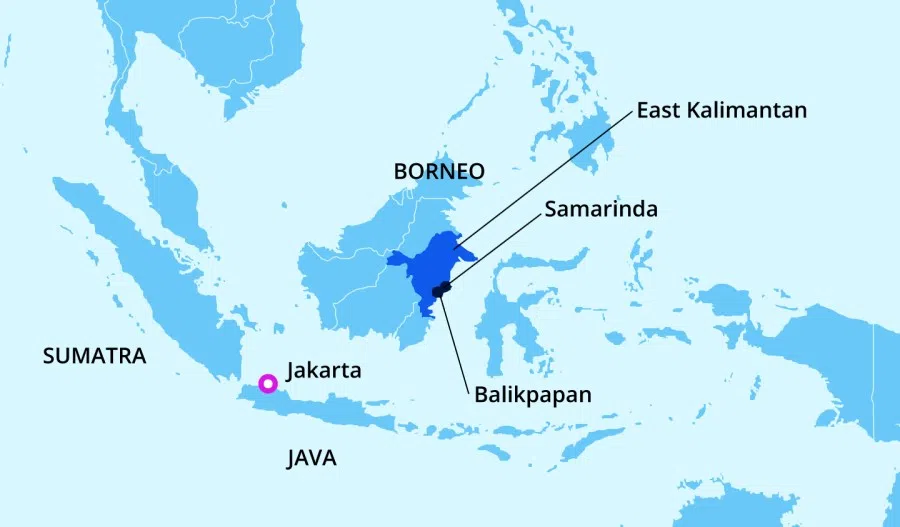
The bid to design the new capital was won by a team of Indonesian architects. Their "Forest Archipelago City" proposal showcases Indonesian culture, with the concept of nature and humans as one, along with advanced architecture and technology. It is touted as a model for future cities in Indonesia and even the world.
According to a report by Indonesian news television network Kompas TV, Indonesia passed the IKN bill into law in January and this constitutes the start of the construction of the new capital. The government is preparing to complete the presidential palace and other key government buildings within the final two years of Jokowi's term, in time for Jokowi to celebrate Independence Day in the new presidential palace on 17 August 2024. Apart from the president relocating to the new capital, the main Cabinet agencies such as the Ministry of State Secretariat, Ministry of Defence and Ministry of Foreign Affairs will also relocate.
In fact, once the bill was passed, the government immediately drew up plans to set up various related agencies and regulations. These regulations have to be completed within two months, and the people in charge need to be installed by April this year. One important new agency is the Nusantara Capital City Authority (Otorita Ibu Kota Nusantara, IKN Otorita).
A chief, equivalent to a Cabinet minister, will be appointed by the president to head the IKN Otorita for a five-year term. He will be in charge of all matters related to the new capital, including preparations, construction, relocation and management of the capital government.
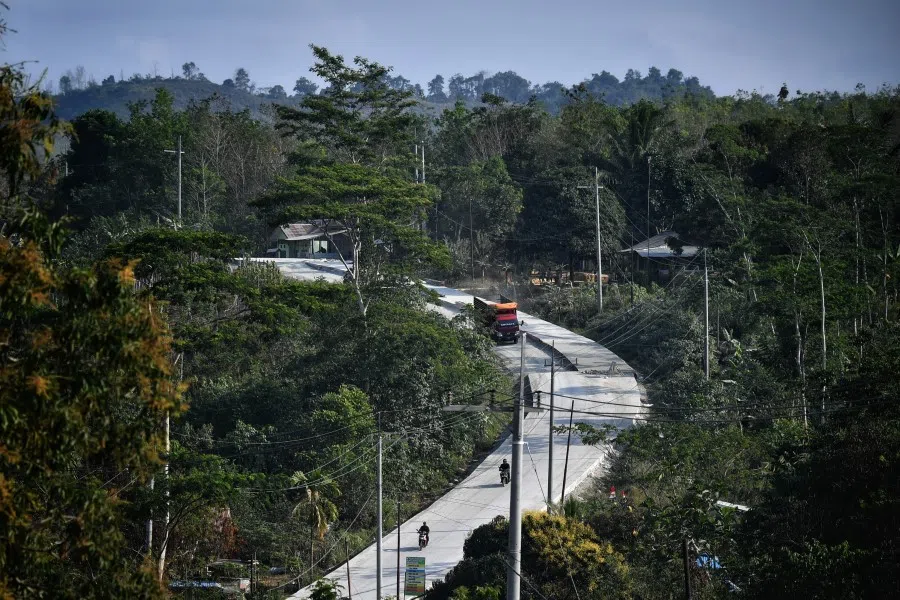
Jokowi previously announced that the chief of the new capital must have experience and knowledge in governing a city, and that there are four possible candidates: Bambang Brodjonegoro, Telkom Indonesia commissioner and a former minister of research and technology; Basuki Tjahaja Purnama (more commonly known as Ahok), president commissioner of state-owned oil and natural gas company Pertamina and a former Jakarta governor; Tumiyana, former president director of construction company PT Wijaya Karya Tbk; and Abdullah Azwar Anas, MP and former regent of Banyuwangi in East Java. Of the four, Ahok seems the most likely candidate.
Germany, the US and China have shown interest in building the new capital.
Foreign funding
Building the new capital will cost 466 trillion rupiah (S$43.7 billion). The state will fork out 100 trillion rupiah, while the rest will come from foreign investments.
Kompas TV reported that Indonesia has set up a committee (dewan pengarah, literally board of directors) consisting of three international figures: Abu Dhabi's Crown Prince Mohamed bin Zayed Al Nahyan, former UK Prime Minister Tony Blair and SoftBank CEO Masayoshi Son. These powerful people have the experience needed to raise funds and help Indonesia build a modern new capital.
According to reports, Germany, the US and China have shown interest in building the new capital. And as foreign investments will make up a large proportion of the construction costs, anti-Jokowi politicians believe that the new capital will ultimately be controlled by other countries, which would hurt the interests of Indonesia and its people. However, the government has vehemently denied this, and officials have reiterated that the Indonesian government will retain control over the development of the new capital.
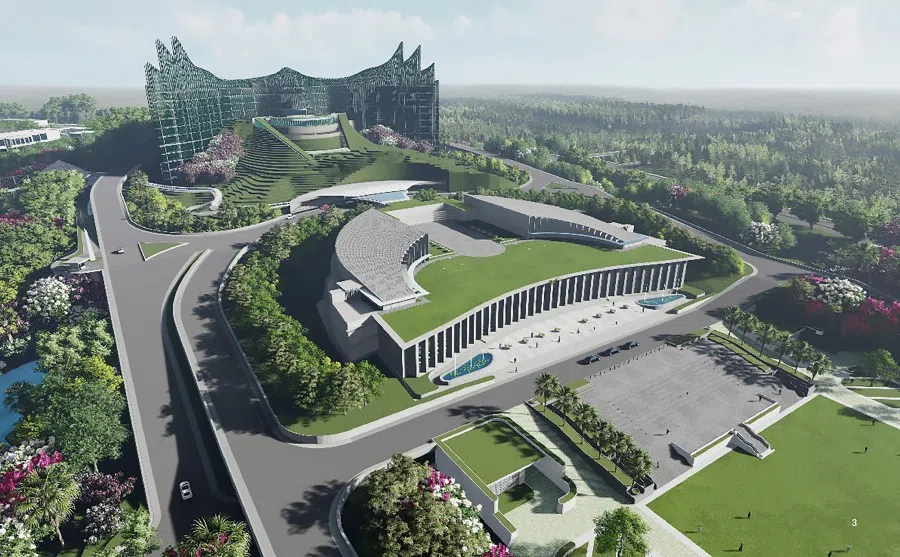
China the biggest beneficiary?
While there were little objections in parliament, Jokowi is facing loud criticisms from the general public. In particular, the anti-Jokowi camp is seizing the opportunity to denounce his relocation plan. Some believe that there is no need to relocate, while others stress that shifting the capital will not bring benefits to Indonesians, but will create wealth for only a handful of people, such as property tycoons, who will profit off the locals.
However, the government believes that over the short term, the various groups in Kalimantan can gain economic benefits by participating in building the new capital, while over the long term, Indonesia's economic development will be more balanced, which will lead to greater political stability.
They claim that China will be the biggest beneficary of shifting and building the new capital, and major Chinese companies will participate in and even control the construction of the new capital.
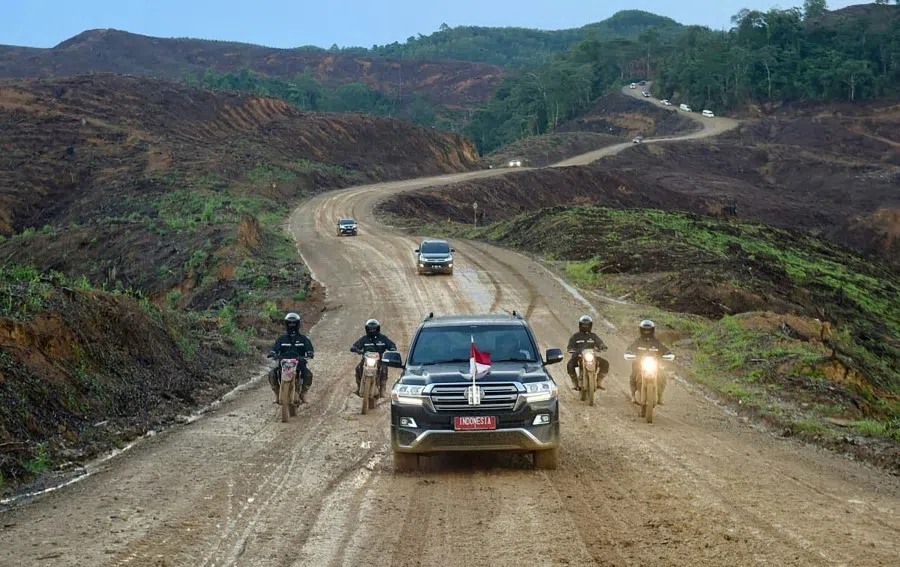
Environmental groups also object to shifting the capital to Kalimantan, citing the damages to the primary forest and irreversible losses for the locals. But the government has stated that the new capital will be built in accordance with conservation principles, and will be a model for new cities in Indonesia in the future.
Criticisms of the new capital are also coming from a group of anti-China politicians within the anti-Jokowi camp. They claim that China will be the biggest beneficiary of shifting and building the new capital, and major Chinese companies will participate in and even control the construction of the new capital. Also, they believe that Indonesians would not want to move to the "remote lands" of Kalimantan. Hence, the Chinese companies will bring in many Chinese workers from abroad, and the new capital will be overrun with them.
Recently, 45 people from the anti-Jokowi camp - including University of Indonesia economics professors Sri Edi Swasono and Faisal Basri, as well as former corruption eradication commissioner Busyro Muqoddas - jointly opposed the capital's relocation, and petitioned for the constitutional court to rescind the relocation Act. Similar to the PKS, they reason that the pandemic is still widespread in Indonesia and the economy is in dire state with high debt and poor infrastructure. They believe that the government should focus on improving the people's lives instead of shifting the capital, which would add further strain on the people and finances.
The bill on the new capital has been enacted into law, and preparations for the move are underway. With less than three years left in Jokowi's presidential term, the initial phase of the move might be completed in this time, but the construction of the new capital will take much longer. So, whether the shift will be accomplished smoothly depends if Jokowi's successor will follow through with the same vision. If the shift is completed smoothly, the new capital Nusantara will become Indonesia's new administrative centre, and possibly its new economic and cultural centre.
However, this does not mean that Jakarta will decline. In fact, in the foreseeable future, there is no replacement for Jakarta as Indonesia's economic, transport and cultural centre.
Related: Is Indonesia's foreign policy tilting towards Beijing? | Stuck in second gear: Indonesia's strategic dilemma in the Indo-Pacific | Winning Indonesia over: US and China seek Indonesia's support in Southeast Asia | Rising China: Indonesia's Chinese-language newspapers avoid taking sides | Indonesians welcome Chinese investment but fear influx of new Chinese migrants
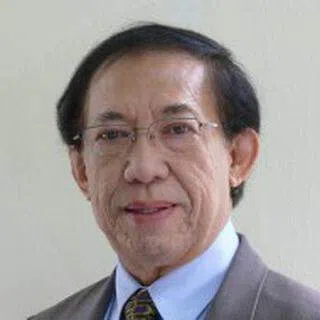


![[Big read] When the Arctic opens, what happens to Singapore?](https://cassette.sphdigital.com.sg/image/thinkchina/da65edebca34645c711c55e83e9877109b3c53847ebb1305573974651df1d13a)
![[Video] George Yeo: America’s deep pain — and why China won’t colonise](https://cassette.sphdigital.com.sg/image/thinkchina/15083e45d96c12390bdea6af2daf19fd9fcd875aa44a0f92796f34e3dad561cc)
